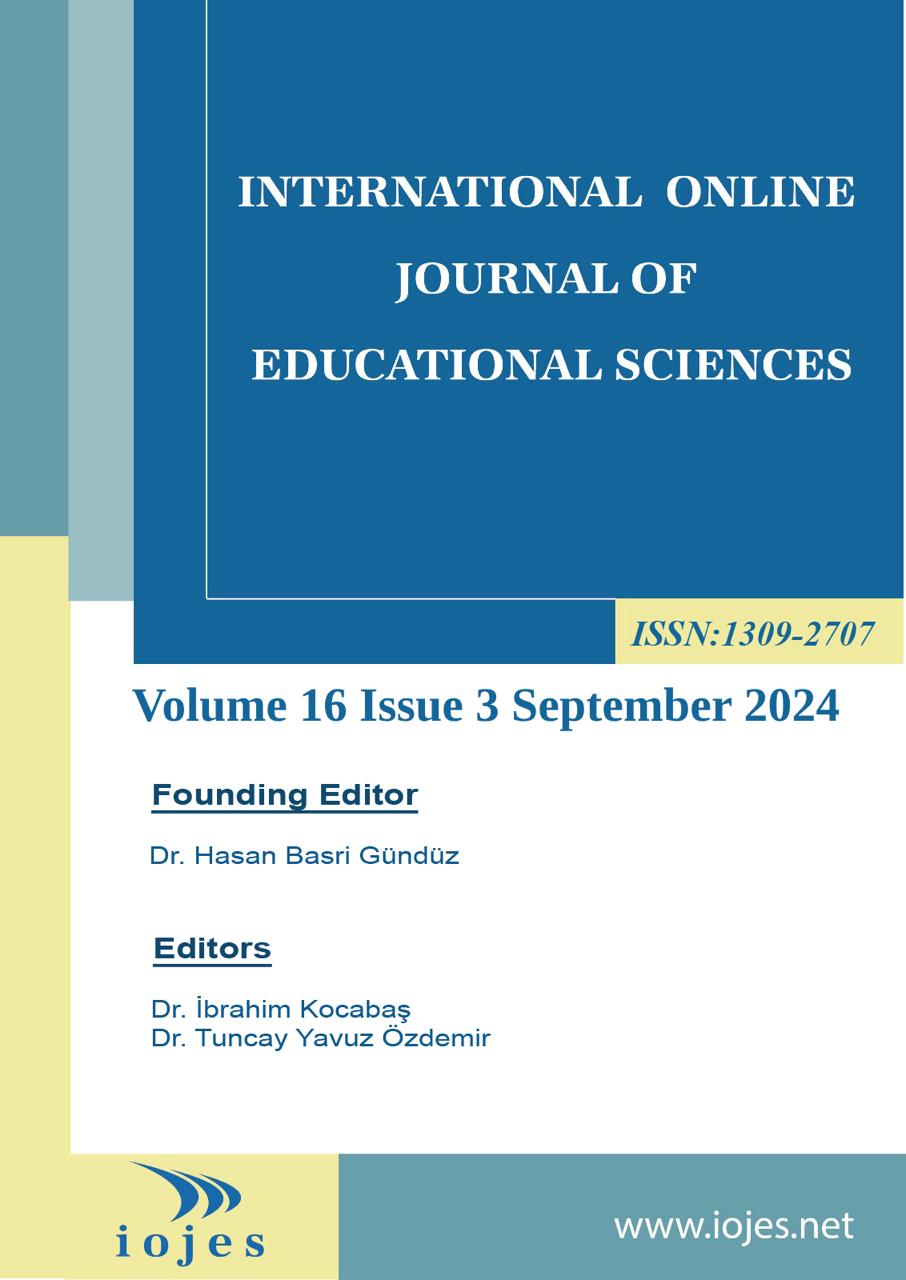Author :
Abstract
Keywords
Abstract
The purpose of this study was to examine the social skill levels of fifth-grade students and to reveal the function of the hidden curriculum in the development of these skills. The study was conducted with fifth-grade students in a city center in eastern Turkey. Both quantitative and qualitative research methods were used. Data were initially collected using a social skills assessment scale developed by the researcher. Observations, as well as interviews with teachers, students, and parents, were conducted in the schools identified as having the highest and lowest social skill levels. Computer-assisted analysis programs were used for analyzing the quantitative and qualitative data. The study identified the functions of the hidden curriculum in the school, teacher, and student dimensions during the process of acquiring social skills. It was found that there are both similarities and differences in the hidden curricula of the two schools identified as having low and high social skill levels, and that the hidden curriculum has both positive and negative functions in the process of social skill acquisition. Based on these findings, it was concluded the functions of the hidden curriculum in the process of developing social skills should be considered, and that further studies should be conducted on this topic.





